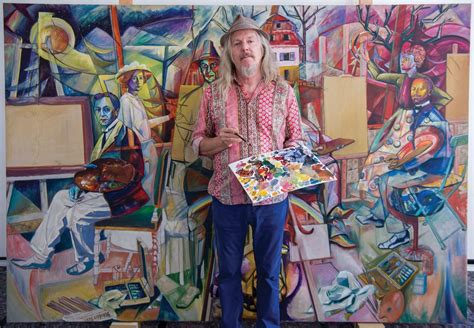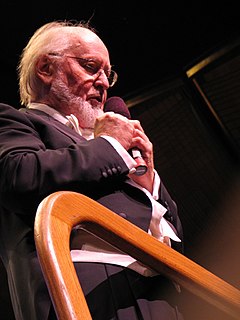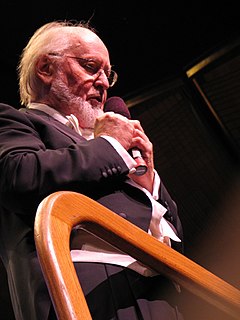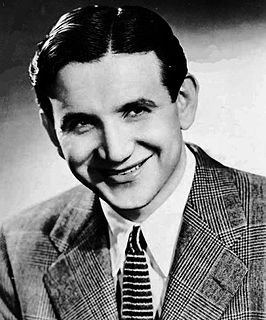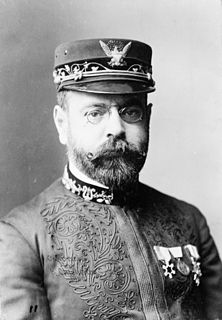A Quote by Harry S. Broudy
A person taking stock in middle age is like an artist or composer looking at an unfinished work; but whereas the composer and the painter can erase some of their past efforts, we cannot. We are stuck with what we have lived through. The trick is to finish it with a sense of design and a flourish rather than to patch up the holes or merely to add new patches to it.
Quote Topics
Related Quotes
Every philharmonic orchestra merely interprets the composer. My goal was to create new music by that composer. In doing so, I wanted to find the painter's creative center and become familiar with it, so that I could see through his eyes how his paintings came about and, of course, see the new picture I was painting through his eyes - before I even painted it.
I always believed that my work should be unfinished in the sense that I encourage people to add their creativity to it, either conceptually or physically. Back in the 1960s, I was calling for 'Unfinished Music,' number one, and number two, with my artwork - I was taking unfinished work into the gallery. And that's how I was looking at it.
I don't ascribe to the idea of the ivory tower composer who sits alone in a room composing his masterpieces and then comes down from Mount Sinai with the tablets. It doesn't work like that. The job of a composer is putting something down on a piece of paper that will inspire the person who's playing.
The composer reveals the innermost nature of the world, and expresses the profoundest wisdom in a language that his reasoning faculty does not understand, just as a magnetic somnambulist gives information about things of which she has no conception when she is awake. Therefore in the composer, more than in any other artist, the man is entirely separate and distinct from the artist.
The most important thing to remember is that the composer is a senior partner. You cannot force a subject on a composer if it doesn't inspire him. He has to take the lead, you are an enabler, and you are creating the enabling conditions under which he can write great music. Your words are secondary. Many librettists in opera collaborations in the past have forgotten this, or not known it, or refuse to accept it and tried to get out in front of the creative process and it just doesn't work that way.
Perhaps within the next hundred years, science will perfect a process of thought transference from composer to listener. The composer will sit alone on the concert stage and merely 'think' his idealized conception of his music. Instead of recordings of actual music sound, recordings will carry the brainwaves of the composer directly to the mind of the listener.

